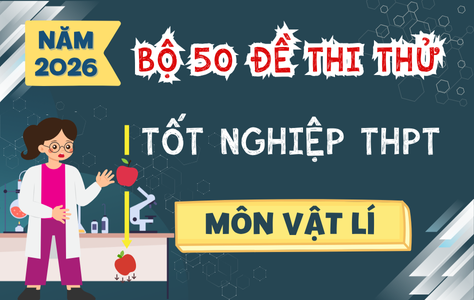Câu hỏi:
Read the following passage about the Exploring The Universe and mark the letter A, B, C or D on your answer sheet to indicate the best answer to each of the following questions from 31 to 40.
Science is a vast and fascinating field that seeks to understand the natural world and the universe beyond[I]. It encompasses various disciplines, including physics, chemistry, biology, and astronomy[II]. Each of these areas contributes to our understanding of complex phenomena, [III]. For instance, scientific research has led to significant breakthroughs in medicine, renewable energy, and environmental conservation[IV]. In this essay, we will explore the impact of science on our lives, particularly focusing on space exploration.
One of the most intriguing aspects of science is space exploration. Humans have always looked to the stars, wondering what lies beyond our planet. The launch of satellites and manned missions has allowed us to gather valuable information about the cosmos. For example, NASA's Mars Rover has provided insight into the potential for life on other planets. Through meticulous research and data collection, scientists can analyze soil samples and atmospheric conditions, paving the way for future explorations.
Space exploration also raises critical questions about our existence and the future of humanity. As we continue to advance technologically, the prospect of colonizing other planets becomes more plausible. This endeavor could serve as a solution to the challenges we face on Earth, such as overpopulation and resource depletion. However, ethical considerations must guide these efforts. We must ensure that we do not repeat the mistakes of history, such as the exploitation of natural resources and indigenous populations.
Moreover, scientific advancements have enabled us to develop technologies that enhance our understanding of the universe. Telescopes and space probes allow us to observe distant galaxies, study black holes, and uncover the mysteries of dark matter. Each discovery leads to new questions, further fueling our curiosity and drive for knowledge. The concept of the multiverse, for instance, challenges our understanding of reality and pushes the boundaries of scientific thought.
In addition to exploring the universe, science plays a crucial role in addressing pressing issues on Earth. Climate change, for example, is a significant concern that scientists are actively investigating. Through climate models and data analysis, researchers can predict future trends and propose solutions to mitigate the effects of global warming. Public awareness and education are essential in fostering a collective response to environmental challenges.
As we reflect on the wonders of science, it is clear that its contributions extend far beyond mere knowledge acquisition. Science empowers us to make informed decisions about our health, environment, and future. By fostering a culture of curiosity and critical thinking, we can inspire future generations to continue exploring the unknown.
The word “curiosity” in OPPOSITE in meaning to_______.
Đáp án đúng: C
Đáp án đúng là C
Giải Thích: Từ “curiosity” có nghĩa ĐỐI LẬP với_______.
Phân tích chi tiết
A. Interest (Sự quan tâm): Từ "interest" có thể có nghĩa gần giống với "curiosity" vì nó cũng chỉ một trạng thái tò mò hay quan tâm đến điều gì đó. Tuy nhiên, interest có thể không mạnh mẽ như curiosity, vì "interest" chỉ đơn giản là sự chú ý đến một vấn đề, trong khi "curiosity" liên quan đến một sự thôi thúc mạnh mẽ hơn để khám phá. Tuy vậy, đây không phải là đáp án đúng vì "interest" không phải là đối nghĩa chính xác với "curiosity".
B. Knowledge (Kiến thức): Knowledge có nghĩa là kiến thức, là kết quả của sự học hỏi, tìm hiểu. Trong khi curiosity có thể dẫn đến việc thu thập kiến thức, hai từ này không phải là những từ có nghĩa đối lập với nhau. Thực tế, curiosity thúc đẩy việc tìm kiếm kiến thức, vì vậy đây không phải là đáp án đúng.
C. Indifference (Sự thờ ơ, thiếu quan tâm): Indifference là sự thờ ơ hoặc thiếu quan tâm, hoàn toàn đối lập với sự tò mò. Nếu bạn có curiosity, bạn muốn tìm hiểu, khám phá điều gì đó, trong khi indifference là trạng thái không quan tâm, không có động lực để khám phá hay tìm hiểu. Vì vậy, "indifference" là từ có nghĩa đối lập rõ rệt nhất với curiosity.
D. Exploration (Khám phá): Exploration là hành động khám phá, tìm hiểu điều gì đó, có liên quan đến sự tò mò, nhưng không phải là đối nghĩa của curiosity. Curiosity là động lực bên trong thúc đẩy exploration, chứ không phải là từ trái nghĩa với nó. Vì vậy, đây không phải là đáp án đúng.
Đáp án C phù hợp
Câu hỏi này thuộc đề thi trắc nghiệm dưới đây, bấm vào Bắt đầu thi để làm toàn bài
Bộ đề thi giúp học sinh lớp 12 làm quen với cấu trúc và nội dung đề thi tốt nghiệp THPT môn Tiếng Anh năm 2025. Đề thi được xây dựng theo định hướng của Bộ GD ĐT, bao gồm các phần Ngữ âm, Từ vựng - Ngữ pháp, Chức năng giao tiếp, Kỹ năng đọc hiểu, Kỹ năng viết và Phát âm - Trọng âm. Hệ thống câu hỏi đa dạng, bám sát chương trình học, giúp học sinh rèn luyện kỹ năng làm bài và nâng cao tư duy ngôn ngữ. Đáp án chi tiết đi kèm hỗ trợ học sinh tự ôn tập, đánh giá năng lực và chuẩn bị tốt nhất cho kỳ thi quan trọng.
Câu hỏi liên quan
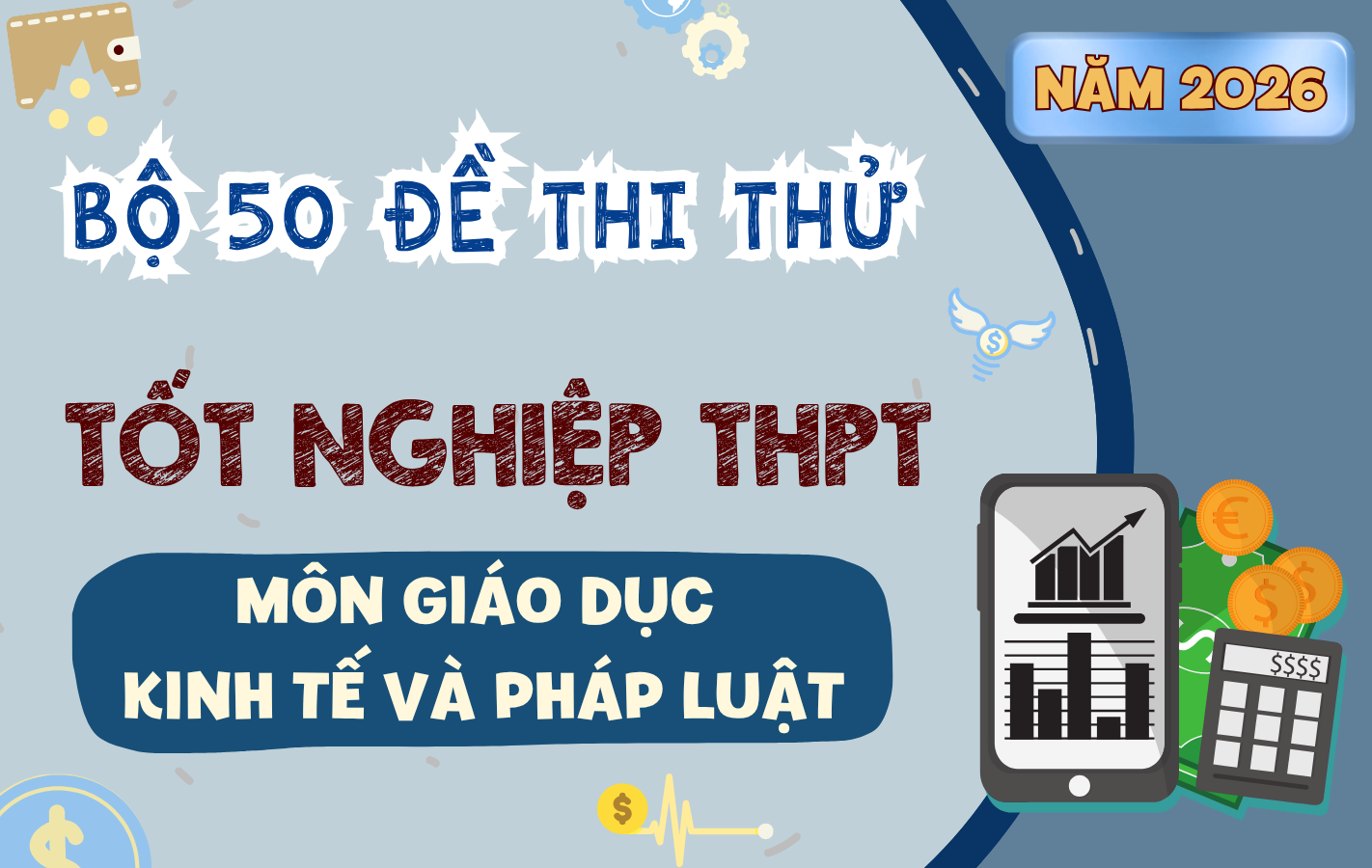
Bộ 50 Đề Thi Thử Tốt Nghiệp THPT Giáo Dục Kinh Tế Và Pháp Luật Năm 2026 – Theo Cấu Trúc Đề Minh Họa Bộ GD&ĐT
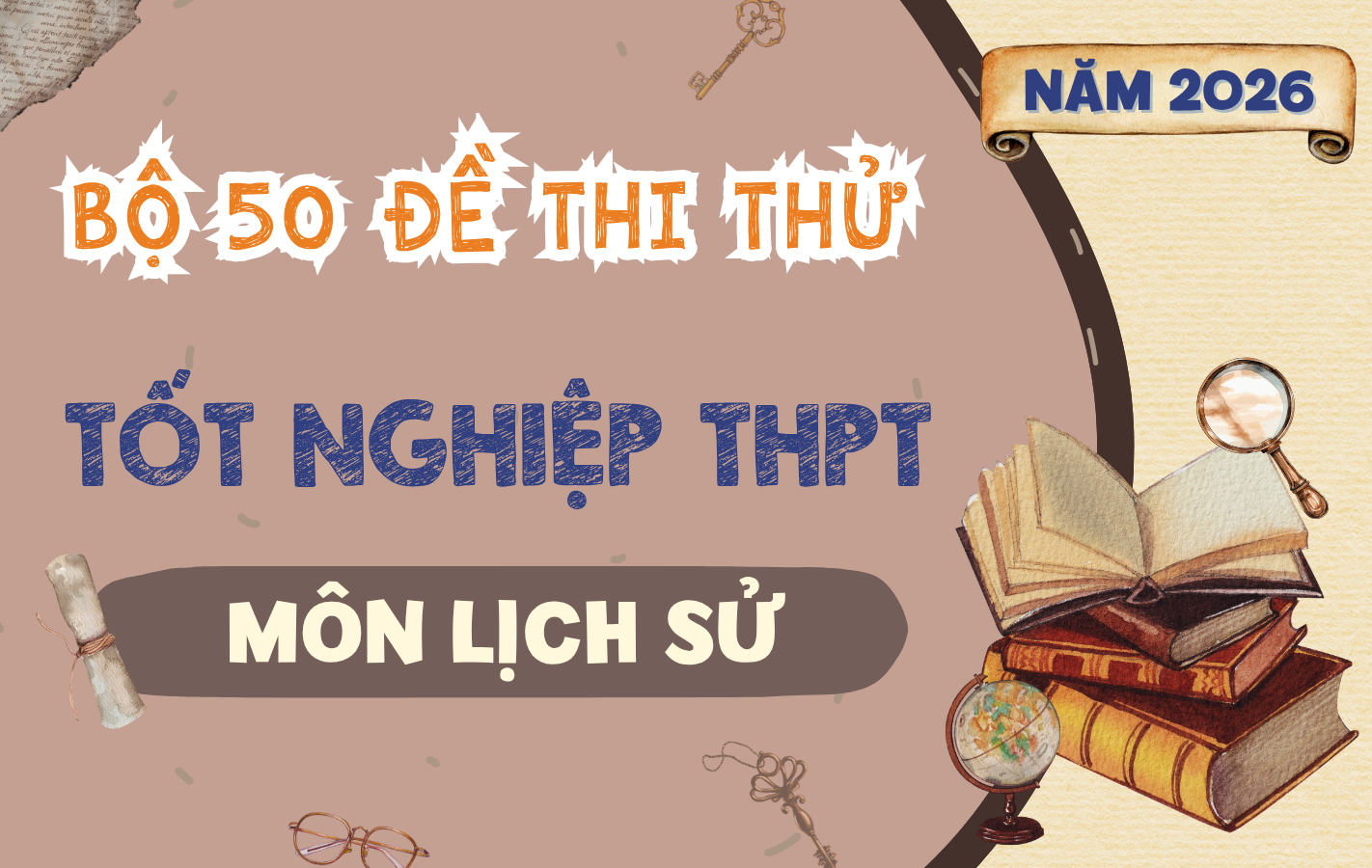
Bộ 50 Đề Thi Thử Tốt Nghiệp THPT Lịch Sử Học Năm 2026 – Theo Cấu Trúc Đề Minh Họa Bộ GD&ĐT
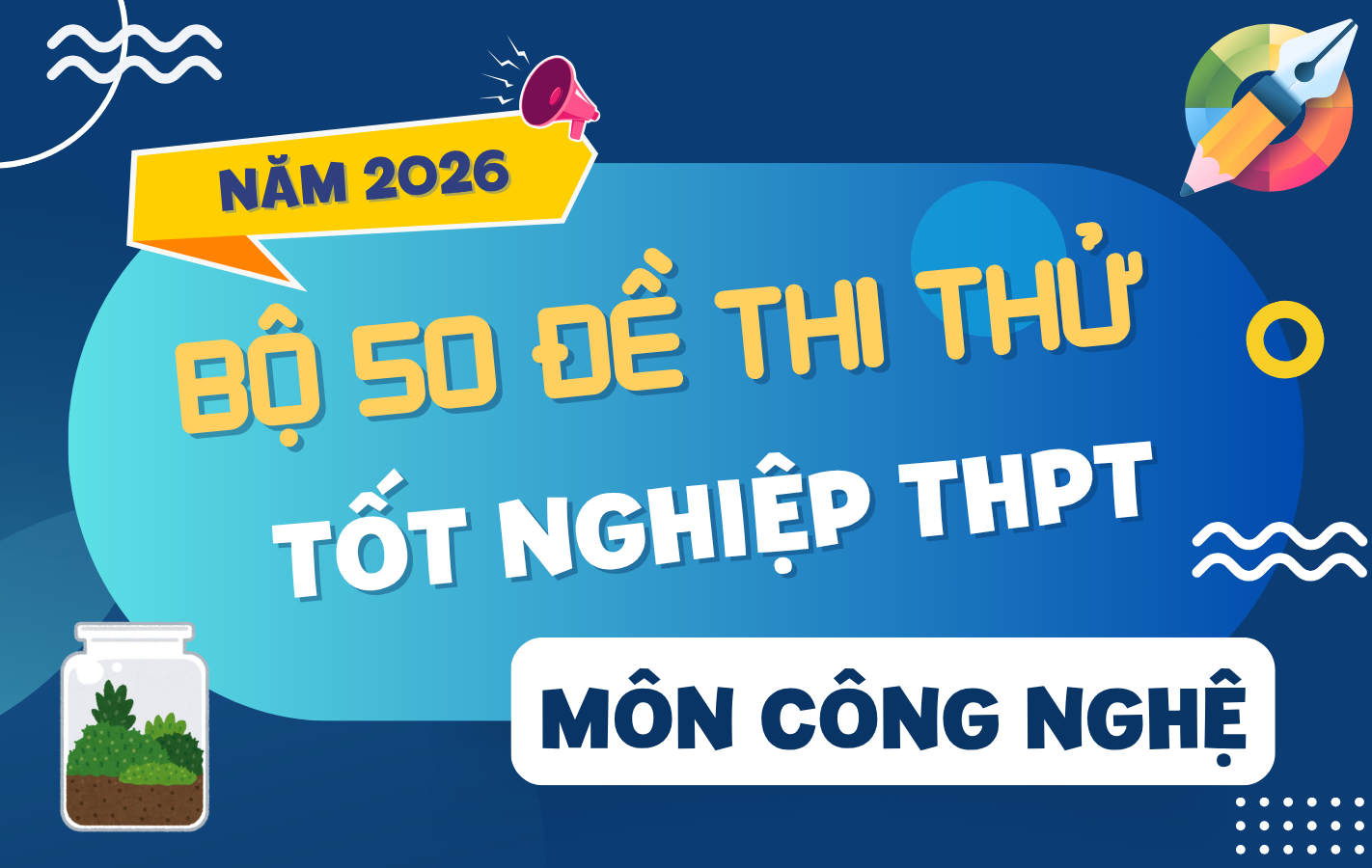
Bộ 50 Đề Thi Thử Tốt Nghiệp THPT Công Nghệ Năm 2026 – Theo Cấu Trúc Đề Minh Họa Bộ GD&ĐT
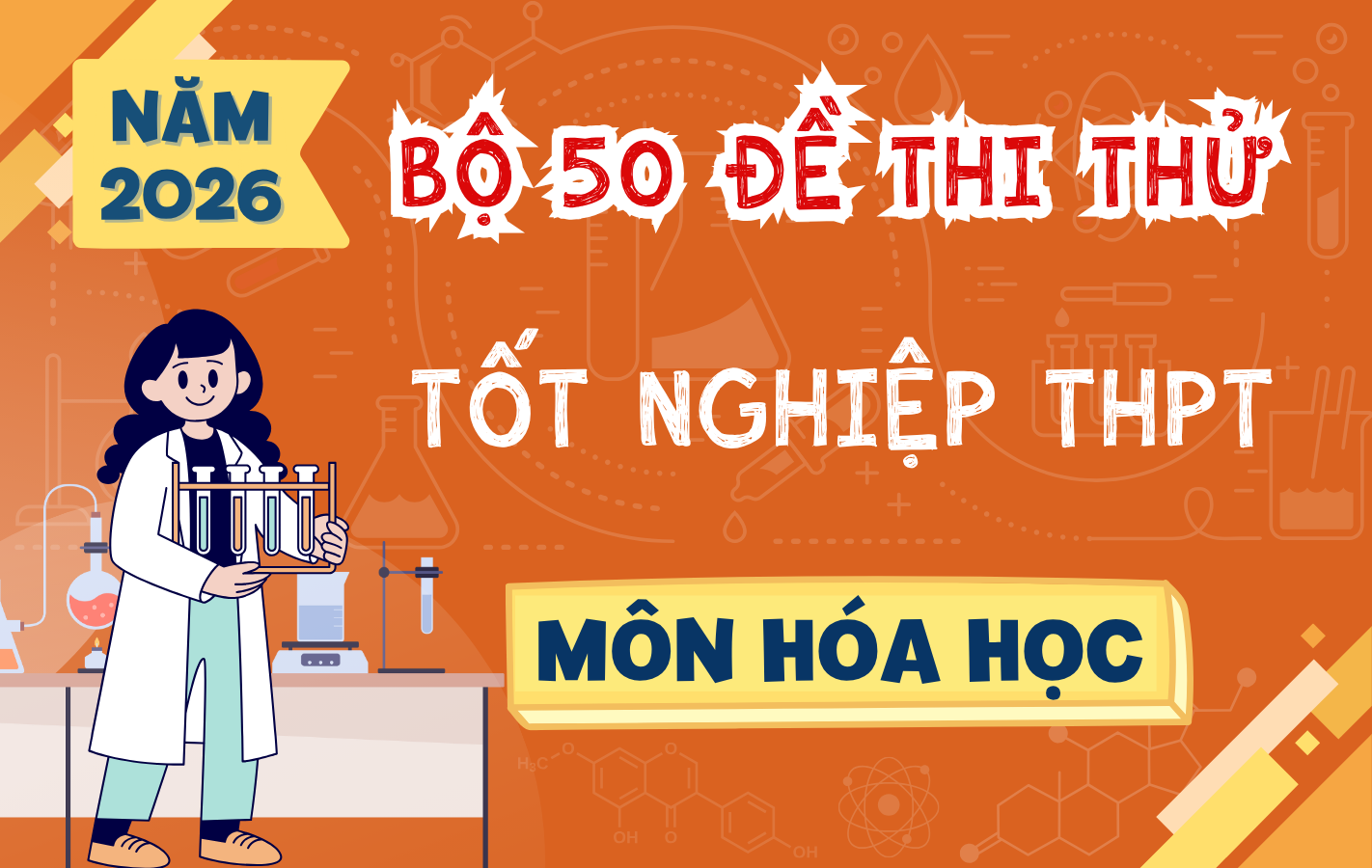
Bộ 50 Đề Thi Thử Tốt Nghiệp THPT Môn Hóa Học Năm 2026 – Theo Cấu Trúc Đề Minh Họa Bộ GD&ĐT
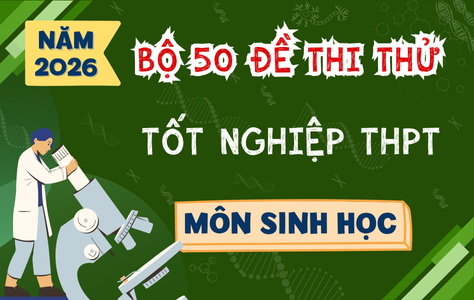
Bộ 50 Đề Thi Thử Tốt Nghiệp THPT Môn Sinh Học Năm 2026 – Theo Cấu Trúc Đề Minh Họa Bộ GD&ĐT
